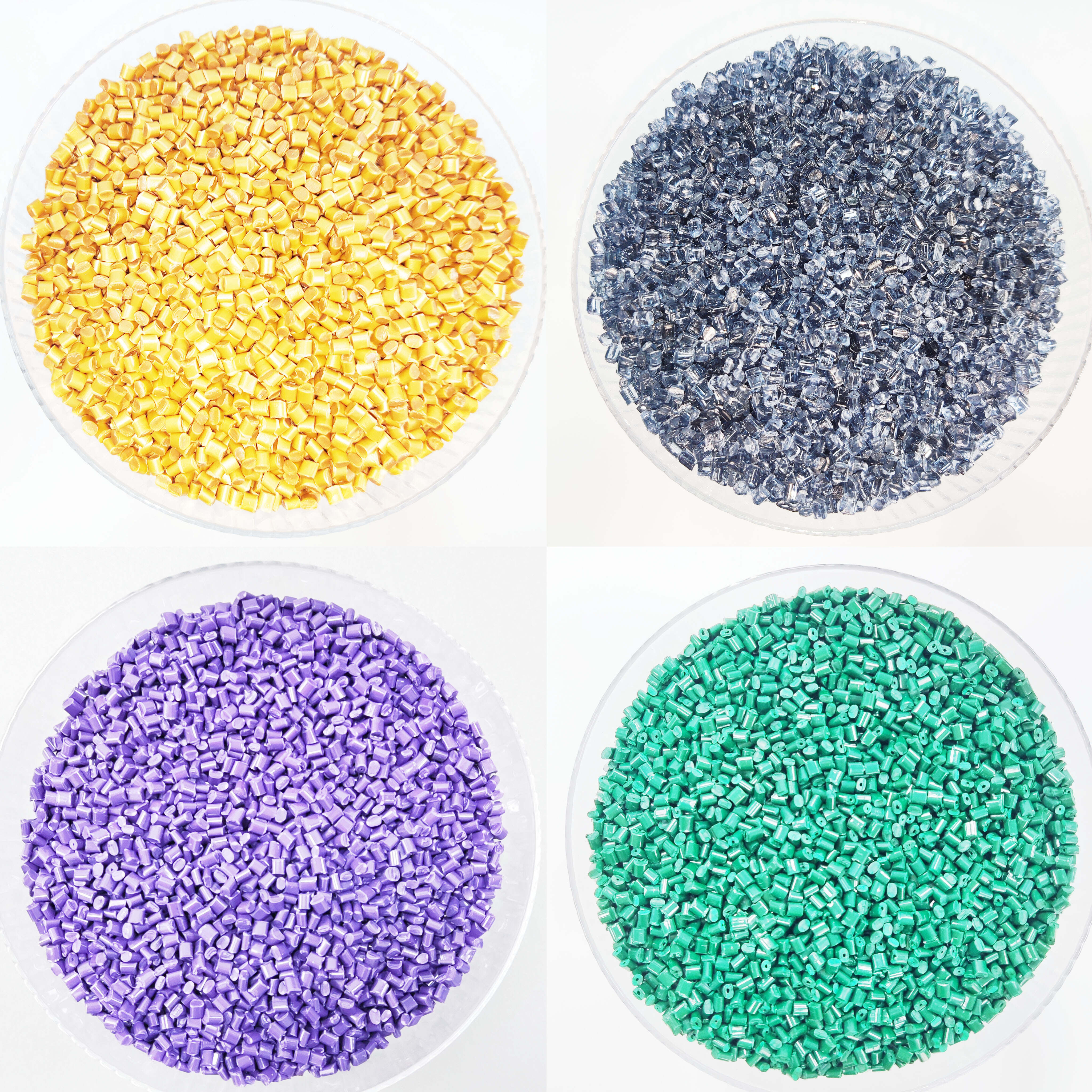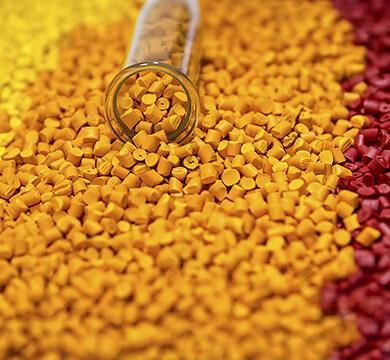Error de formato de correo electrónico
emailCannotEmpty
emailDoesExist
pwdLetterLimtTip
inconsistentPwd
pwdLetterLimtTip
inconsistentPwd

Offer Technical Support and Customized Solutions
The company is committed to creating new and improved plastic materials to meet the evolving demands of the market.

In-Depth Look at the Applications of Modified Plastic Granules in Daily Life
Modified plastic granules are engineered materials that go far beyond conventional plastics in terms of functionality, performance, and adaptability. Through techniques such as blending, filling, fiber reinforcement, flame-retardant treatment, and impact modification, these materials are tailored to meet the increasingly sophisticated demands of modern industries — all while remaining cost-effective and lightweight.
1. Home Appliances: Functionality Meets Safety
In consumer electronics and household appliances, modified plastics are essential not only for aesthetic and structural purposes but also for ensuring safety and longevity. For example:
-
PC/ABS blends are widely used for appliance housings (e.g., washing machines, air conditioners, vacuum cleaners) due to their superior impact resistance and dimensional stability.
-
Flame-retardant ABS is employed in high-voltage or heat-prone components like microwave oven parts and power switch housings to prevent fire hazards.
-
Glass fiber reinforced PA6 can be found in functional parts like fan brackets or gear components, delivering both mechanical strength and thermal stability.
2. Automotive Industry: Lightweighting and Performance Optimization
The automotive sector is a major driver of plastic material innovation. Modified plastic granules play a crucial role in reducing vehicle weight, improving fuel efficiency, and meeting stringent safety regulations.
-
Glass-filled PA6/PA66 is used for under-the-hood parts such as air intake manifolds, radiator end tanks, and engine covers, due to its resistance to heat, chemicals, and mechanical stress.
-
Impact-modified PP compounds are extensively applied in bumper fascias, interior trim panels, and dashboard structures, providing energy absorption during collisions while reducing weight.
-
PC/PBT blends offer excellent chemical resistance and dimensional stability for lighting systems and electronic components in harsh environments.
3. Building & Infrastructure: Durability in Demanding Conditions
Modified plastics are increasingly replacing traditional materials such as metal and wood in construction due to their corrosion resistance, ease of processing, and cost-efficiency.
-
Modified PVC is the material of choice for window profiles, siding, and piping systems. UV stabilizers and impact modifiers allow these products to maintain mechanical properties over decades of outdoor exposure.
-
Reinforced PP-R is commonly used in hot and cold water systems, with excellent pressure resistance and long-term thermal stability.
-
Fire-retardant HDPE and PP are found in cable conduits and protective casings for electrical infrastructure.
4. Food Packaging & Logistics: Hygiene and Safety First
Food-grade modified plastics ensure safe storage, transportation, and presentation of food and beverages, all while maintaining product integrity under varying environmental conditions.
-
High-impact, transparent PP and PET blends are used in food containers, drink cups, and microwaveable trays.
-
Modified HDPE offers rigidity and stress-crack resistance for large water bottles and chemical packaging.
-
Antibacterial or anti-UV additives can be incorporated for specialized packaging in dairy and pharmaceutical industries.
5. Electronics & Electrical Applications: Insulation and Innovation
The miniaturization and increased performance requirements of modern electronics demand plastic materials with superior insulation properties, thermal resistance, and flame retardancy.
-
Halogen-free flame-retardant PC or PA is widely used in laptop adapters, chargers, and electrical connectors to meet global environmental standards.
-
Conductive or anti-static modified PP/PS is essential for trays and casings used in the transportation of semiconductors and circuit boards.
6. Consumer Goods & Toys: Safe, Sustainable, and Strong
Modified plastics enable designers and manufacturers to create consumer-friendly products with the right balance of aesthetics, tactile experience, and durability.
-
Food-contact-safe modified PP is used in baby bottles, cutlery, and water pitchers with high transparency and heat resistance.
-
Soft-touch TPEs and impact-resistant ABS are used in toys and household tools, offering improved ergonomics and extended product life.
-
Biodegradable and recycled modified plastics are gaining traction in packaging and daily-use goods, contributing to the global circular economy.
Conclusion
The integration of modified plastic granules into daily-use products reflects a broader trend toward high-performance, application-specific materials. From safety and sustainability to cost-efficiency and design flexibility, modified plastics are at the core of innovation across industries.
As technology advances and regulations evolve, the demand for customized plastic solutions will only increase — making the role of modified plastic granules more vital than ever before.

